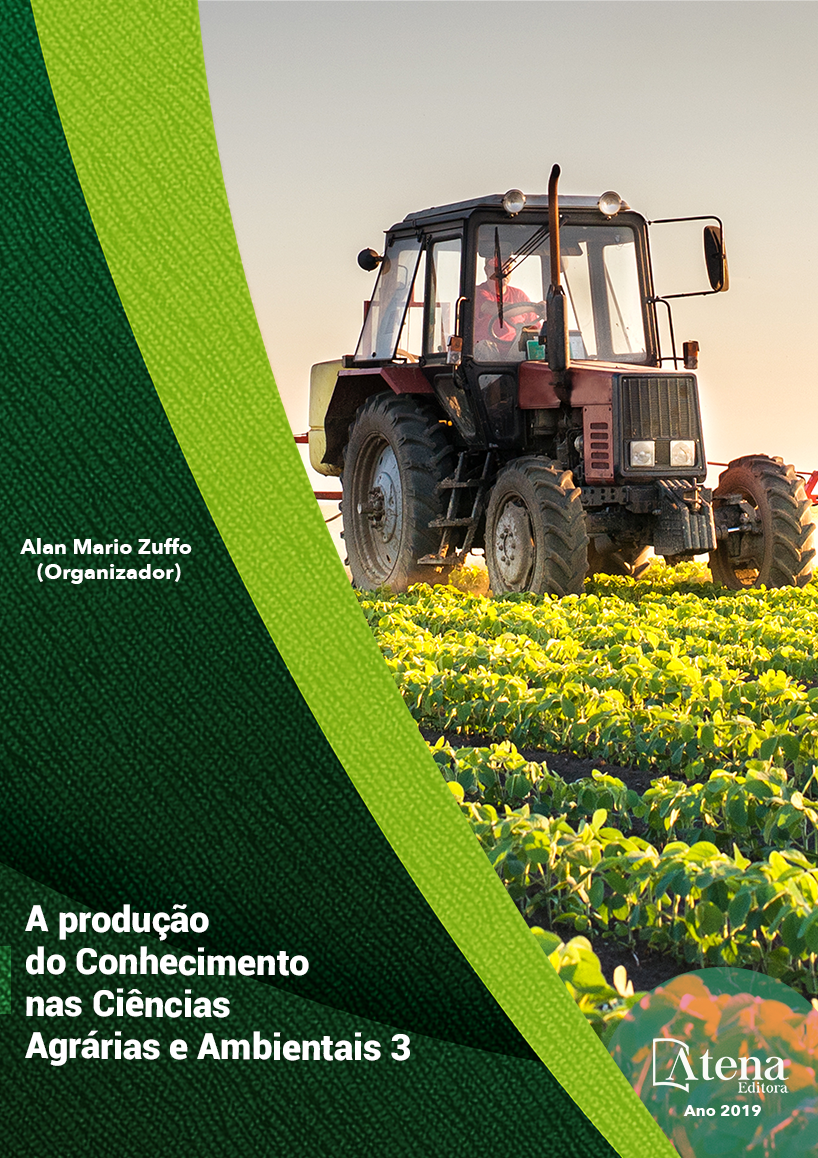
ELABORAÇÃO DA TABELA NUTRICIONAL DE ACEROLAS PRODUZIDAS EM SISTEMA DE AGRICULTURA FAMILIAR NA REGIÃO DE ITARARÉ – SÃO PAULO
A acerola (Malpighia emarginata)
é uma fruta de clima tropical, normalmente
encontra-se no mesmo pomar plantas com
diferentes hábitos de crescimento, além de
frutos de formatos, coloração e tamanhos
diferentes. O fruto se destaca pelo alto teor
de ácido ascórbico presente em sua polpa,
essencial para a produção e manutenção do
colágeno, responsável pela cicatrização de
lesões e redução da suscetibilidade à infecção.
Sendo assim, essa pesquisa visou incentivar
a produção de acerolas em sistema agrícola
familiar da região de Itararé – São Paulo, por
meio da caracterização dos frutos e elaboração
de tabela nutricional. Foram feitas duas
colheitas em diferentes épocas do ano, e então
se determinou a composição centesimal dos
frutos de acerola, possibilitando a construção
de uma tabela nutricional. Obteve-se valor
energético de 17 kcal para uma porção de
aproximadamente 10 a 12 acerolas (100 g),
contendo 700 mg de ácido ascórbico e elevado
teor de carboidrato (9 g) e de proteína (7 g).
Conclui-se que a frequente ingestão de acerola
seja in natura ou para elaboração de suco
através da polpa congelada pode enriquecer
de forma saudável a alimentação, uma vez que
mesmo após o congelamento, a fruta mantém
grande parte de suas características in natura
ELABORAÇÃO DA TABELA NUTRICIONAL DE ACEROLAS PRODUZIDAS EM SISTEMA DE AGRICULTURA FAMILIAR NA REGIÃO DE ITARARÉ – SÃO PAULO
-
DOI: 10.22533/at.ed.8691926048
-
Palavras-chave: Malpighia emarginata, ácido ascórbico, informação nutricional
-
Keywords: Malpighia emarginata, ascorbic acid, nutritional information
-
Abstract:
The acerola (Malpighia
emarginata) is a fruit of tropical climate, normally it is in the same orchard plants with
different habits of growth, besides fruits of formats, coloring and different sizes. The fruit
is distinguished by the high content of ascorbic acid present in its pulp, essential for
the production and maintenance of collagen, responsible for the healing of lesions and
reduction of susceptibility to infection. Therefore, this research aimed to encourage the
production of acerolas in a family farming system of the region of Itararé - São Paulo,
by characterizing the fruits and elaborating a nutritional table. Two harvests were made
at different times of the year, and the centesimal composition of the acerola fruits was
determined, allowing the construction of a nutritional table. An energy value of 17 kcal
was obtained for a portion of approximately 10 to 12 acerola (100 g), containing 700 mg
of ascorbic acid and high carbohydrate content (9 g) and protein (7 g). It is concluded
that the frequent ingestion of acerola is in natura or to elaborate juice through the
frozen pulp can enrich the food in a healthy way, since even after the freezing, the fruit
maintains great part of its characteristics in natura.
-
Número de páginas: 15
- Rafaela Rocha Cavallin
- Júlia Nunes Júlio
- Gisele Kirchbaner Contini
- Fabielli Priscila Oliveira
- Carolina Tomaz Rosa
- Juliana Dordetto
- Katielle Rosalva Voncik Córdova


